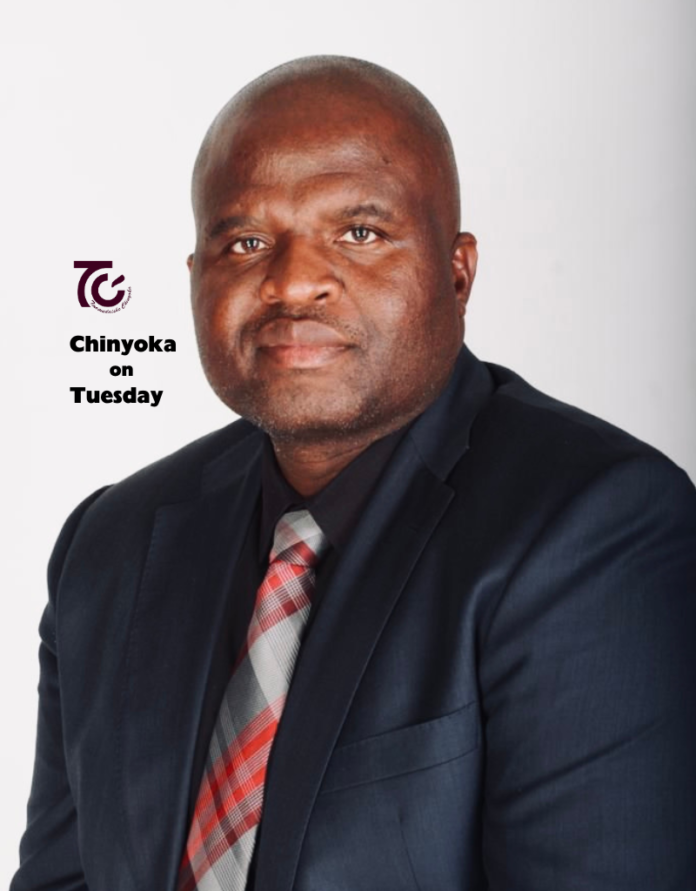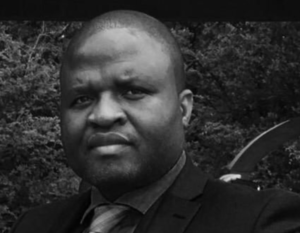It is not too late to Change it
Just like that, 24 years of history is to be reversed.
It was announced with much fanfare and exultation. Cabinet, we were informed in early October 2024, had decided that in order to “unlock value” in our land, all farmers resettled on agricultural land will get a new form of tenure, different from the permits, leases and offer letters that they currently get. These new documents will allow the “new owners” to trade the land like any other commodity.
There is a suggestion that such trading would only be to “indigenous” Zimbabweans, a term that is devoid of meaning except that it seems a convenient way to avoid saying “black Zimbabweans”, which of course the constitution would never allow. The constitution does not define “indigenous” either, so that too will not work, but this is not a legal essay. Suffice to say that come the final version of any proposed law, the reality will be that the land will be capable of being sold to just about anybody because there is no way to limit that; simultaneously give secure tenure and not violate section 56 of the constitution.
But, whatever the legalities, the decision is wrong on so many levels, including historical, moral, and political.
In the early 1920s, the British state used the law to justify the total dispossession of our land in a court case known as In re Southern Rhodesia. It is a very long case, more than 200 pages long in fact, but its main finding is this: the “natives” in Southern Rhodesia were so primitive in 1890 when colonisation came that even though they lived on the land, they did not know that they actually owned the land. And, if they did not own it, then the Queen of England effectively “found” derelict or unowned land and it now belonged to her.
“Some tribes are so low in the scale of social organization that their usages and conceptions of rights and duties are not to be reconciled with the institutions or the legal ideas of civilized society. Such a gulf cannot be bridged. It would be idle to impute to such people some shadow of the rights known to our law and then to transmute it into the substance of transferable rights of property as we know them……Whoever now owns the unalienated lands, the natives do not.”
For this very same land, colonisation was resisted until final victory in 1980. Many politicians like to claim credit for epochs of history in which they play a role, and in many cases they think that they were the catalyst that brought about change. This, it seems, is a disease that affects those who liberated us and are now in government.
The reality is that revolutions are invariably driven by the masses, and the few that take leadership positions simply occupy a space that, if they were not there, another person would. For his reason the war of liberation owes as much to the ZANLA High Command (and it ZIPRA equivalent) as it does to the nameless persons that got moved into Keeps, to the chimbwidos that cooked for (and sometimes suffered at the hands of) the guerrillas, to the unburied bodies in forests, rivers and mine shafts in the war zones, and even to the lucky few that went out of Zimbabwe to acquire knowledge and returned to form the intellectual backbone on which a new Zimbabwe could be built.
That is why, when independence did not bring about the land that most wanted, the collective cry for land redistribution was rising like a crescendo before the events colloquially known as the Third Chimurenga. Everyone was on one voice, we wanted our land. Wasn’t that after all the whole reason why Simon Chimbetu’s seminal song Zuva Raenda was so popular:
“Mukoma zuva raenda zuva raenda mukoma wee
Raenda seri mechikomo zuva raenda mukoma wee
Mukoma nhongai nyama, nhongaika mukoma wee
Mukoma govai minda govai mukoma wee
Takuwara nenhomba govaika mukoma wee“
Our course, taking the land in the way we did was not legal in terms of the laws in place at the time. Everyone knows this. But citizens were happy to look the other way because it corrected a historical wrong: our land was taken from the hands of the few to become State Land.
We were also subsequently willing to accept and/or excuse suffering under the yoke of sanctions as long as it meant that the land remained what it was: State Land. Which, once we eventually get rid of corruption, (hopefully) anyone that wants to use for agricultural purposes can conceivably get a share.
We went along with the decision to undermine the SADC Tribunal, despite the promise it presented in other areas of human rights protection, because it had dared to suggest that our collective reclamation of our land was reversible.
What we did not do, and never would have, was to support the removal of white farms from our land so that a few connected black persons will become private title holders of our land.
What we did not do, and never would have, was to accept the pain of United States sanctions and ZIDERA so that a few connected persons who parcelled out our land to themselves in peri urban areas can suddenly become millionaires by selling our land as housing stands.
What we did not do, and certainly would never have, was to be okay with enduring substandard services, a broken down health system, a very corrupt bureaucracy and the limitation of freedoms as a trade off to a government we believed was under siege on our behalf, just so that people that corruptly and quietly gave themselves and their children Title Deeds on resettled land can now legitimately dispose of our land like private property.
What we did not do, and certainly would not have, was to ever sign up to a situation where the one fruit of our liberation, being our land, can suddenly become the preserve of a few in perpetuity just because they happened to give themselves a share, and sometimes multiple shares.
Yes, there has been corruption in the allocation of land, but we are a patient people. As long as nature endures, there was always the hope that by natural causes and perhaps changes in the composition of the government such as occurred in 2017, eventually corruption might end and land will be accessible to all.
But this Cabinet decision seeks to consolidate not the gains of our liberation for all, but the spoils of corruption in the hands of a connected few and their children. It seeks to enrich mostly those that stole from everyone. It assumes that we will be assuaged by the fact that the few ordinary hoi polloi who got some measly hectares in Region 3 will be enough for us to think that everyone has benefited.
But you see, we know that those of us that have not benefited are more than those that have.
One of the most important lessons that history teaches us is that people never learn from history. Everyone that fought for the liberation of this country knows that for all their reasons for going to take up arms, the concentration of our land in the hands of a few was the main driver.
So, why do they want to go back to that? Is there perhaps a misconception that today’s generation must accept this unfair state of affairs because the land will not be held by white people but by “indigenous” Zimbabweans?
Nothing informs this misconception except hubris. Our liberators taught us that land is so scared a resource that it is worth dying for, and they laid down their lives to get it back in the hands of everyone. It is very strange that the very same people think that today’s generation will not believe that the same land is worth dying for again, and that it is okay for it to go back into the hands of a few.
A government must be very slow to start a revolution against itself. For this reason the decision by Cabinet on land tenure is wrong, and needs reconsideration. Otherwise we might be in a situation where Simon Chimbetu’s words become prescient once again:
Hondo ine ropa; rufu kuparadza matambudziko
mukati mehondo; usatanga imwe, hondo
Seiko uchitanga imwe, hondo; mumwe wangu wee
wafunga imwe, hondo; seiko uchitanga imwe, hondo
Imi muchapera tese tinopera; vana vevamwe vanopera
tichasvitsana kwemakore; usatanga imwe, hondo
Seiko uchitanga imwe, hondo; mumwe wangu wee
wafunga imwe, hondo; seiko uchitanga imwe, hondo
Like I said, people tend to overestimate their role in revolutions, and post-revolutionaries can assume that theirs was the last. On the question of our land, I do not believe this to be the case. The lessons of how valuable this land is, how much it is worth any sacrifice, are fully ingrained in the generation that was too young to fight then: chido cheminda chakabaya chikavhunikira makati.
It is not too late to avoid angrying people. For everyone’s sake.
Advocate Tinomudaishe Chinyoka


Compelling read Advocate and interesting perspective!